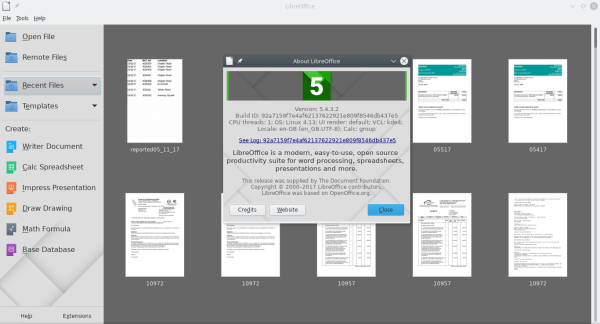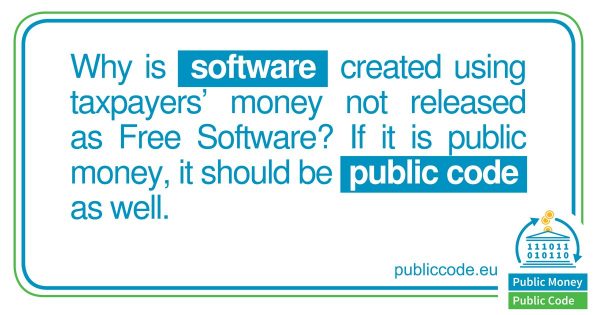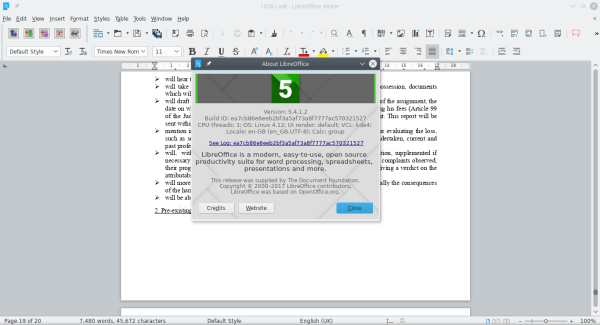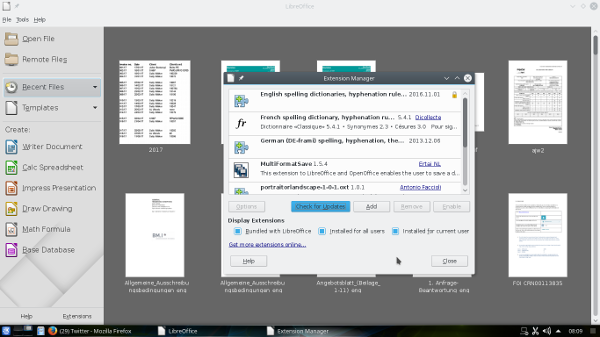LibreOffice 6.0.3 release announced
On Thursday, The Document Foundation (TDF), the organisation behind the free and open source Libreoffice productivity suite, announced the release of LibreOffice 6.0.3, the third minor release of the LibreOffice 6 family.
Compared to the previous release, LibreOffice 6.0.3 around 70 bug and regression fixes.
LibreOffice 6.0.3 represents the bleeding edge in terms of features and as such is targeted at early adopters, tech-savvy and power users, while LibreOffice 5.4.6 – provided as an alternative download option – is targeted at more conservative mainstream users and enterprise deployments.

Download LibreOffice
LibreOffice 6.0.3 is immediately available for download for all major platforms – Linux, Mac OSX and Windows – at the following link: https://www.libreoffice.org/download/download/.
As per usual, technical details about LibreOffice 6.0.3 bug and regression fixes can be found in the change logs for RC1 and RC2.
Professional support
TDF advises mainstream users and companies to deploy LibreOffice with the support of certified developers, migrators and trainers.
Several companies on TDF’s Advisory Board provide either value-added LTS versions of LibreOffice or consultancy services for migration and training.
Donate to help LibreOffice development
LibreOffice users, free software advocates and community members can support The Document Foundation with a donation. Donations help TDF to maintain its infrastructure, share knowledge and fund attendance at events like LibreOffice Conference, which this year takes place in Tirana.
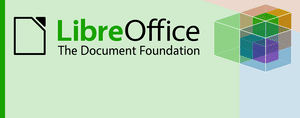 Today The Document Foundation (TDF)
Today The Document Foundation (TDF) 